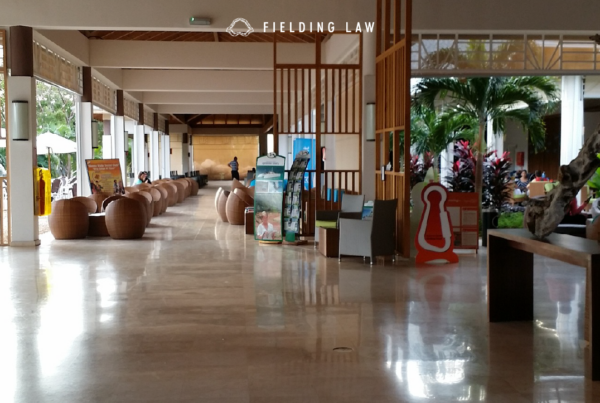If you have been injured and are pursuing a personal injury claim, understanding how personal injury laws by state can impact your case is critical. Laws vary significantly between states, affecting everything from fault determination to the amount of compensation you may receive. At Fielding Law, we help clients navigate these complex laws and ensure they are well-prepared for any legal challenges.
Key Differences in Personal Injury Laws Between States
1. Comparative vs. Contributory Negligence:
- California: California uses a comparative negligence system. If you are partially at fault for your injury, you can still recover damages, but the amount will be reduced based on your percentage of fault.
- Arizona: Arizona also follows a comparative negligence system, similar to California, allowing recovery for damages even if you share some fault. The compensation will be adjusted according to the degree of fault.
2. Statutes of Limitations:
- California: In California, the statute of limitations for personal injury claims is generally two years from the date of the injury. This time frame is relatively standard and gives injured parties ample time to file a lawsuit.
- Arizona: Arizona has a similar statute of limitations for personal injury cases, which is also two years. However, there are exceptions for cases involving minors or specific types of claims, so it is important to consult with an attorney.
3. Damage Caps:
- California: California does not impose a cap on economic damages, such as medical expenses or lost wages. However, there is a cap on non-economic damages (pain and suffering) in medical malpractice cases, which is currently set at $250,000.
- Arizona: Arizona also does not have caps on economic damages. For non-economic damages in medical malpractice cases, the state has a cap of $300,000. In other personal injury cases, there is no specific cap on non-economic damages.
4. Fault in Car Accidents:
- California: California operates under a fault-based system, meaning the person who caused the accident is liable for damages. Insurance companies will assess fault and handle claims based on their findings.
- Arizona: Arizona is a fault-based state as well, similar to California. The at-fault driver’s insurance is responsible for covering the damages, and drivers must prove fault to receive compensation.
5. Unique Local Laws:
- California: California has specific laws regarding personal injury claims, including strict liability for dog bites. Pet owners are responsible for injuries caused by their animals, regardless of the animal’s prior behavior.
- Arizona: Arizona also has a strict liability rule for dog bites, meaning pet owners are liable for injuries their pets cause, even if the dog had no previous history of aggression.
Why Choose Fielding Law for Your Personal Injury Case?
Whether your injury occurred in California or Arizona, Fielding Law is the team for you. Navigating the differences in personal injury laws by state can be overwhelming, especially if you are recovering from an injury. Our attorneys have in-depth knowledge of each state’s specific personal injury laws and are dedicated to handling your case with the utmost care and expertise. Call 833.88.SHARK today, and let us help you understand your options and guide you through every step of the legal process.
Note: Information provided is for educational purposes and does not constitute legal advice. Always consult with a qualified attorney for legal concerns.





